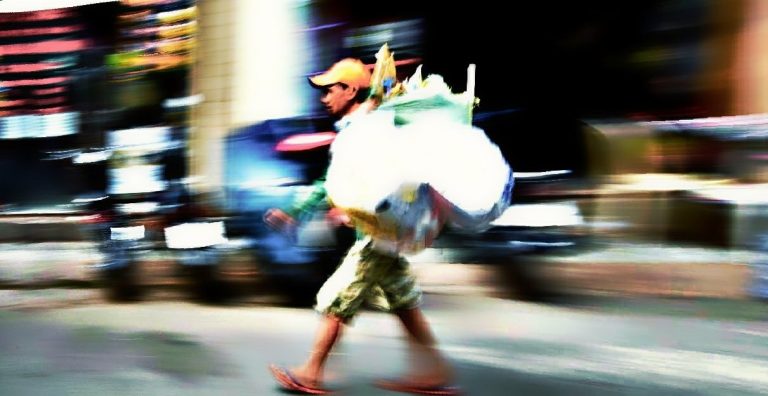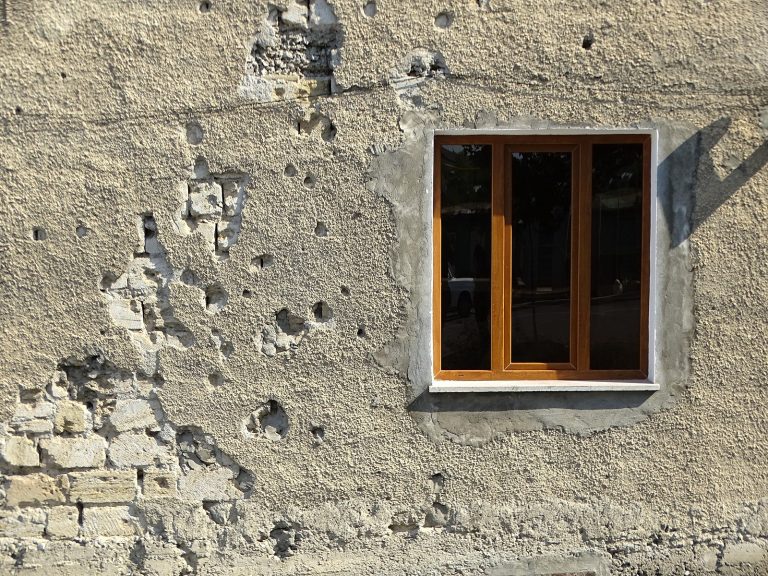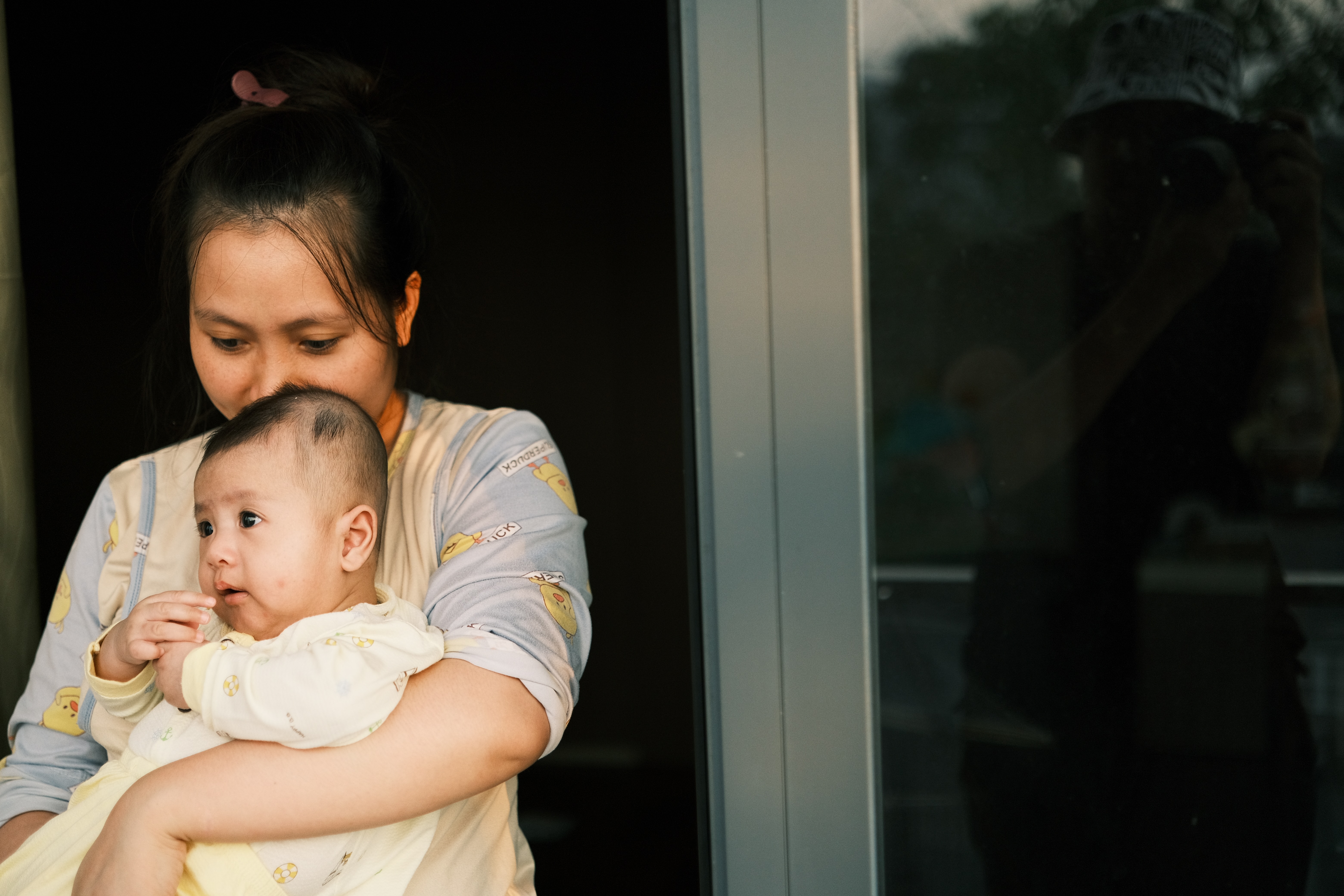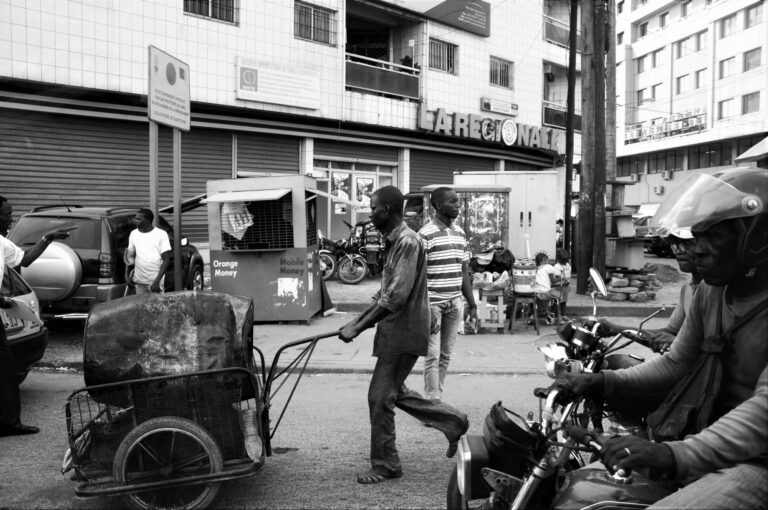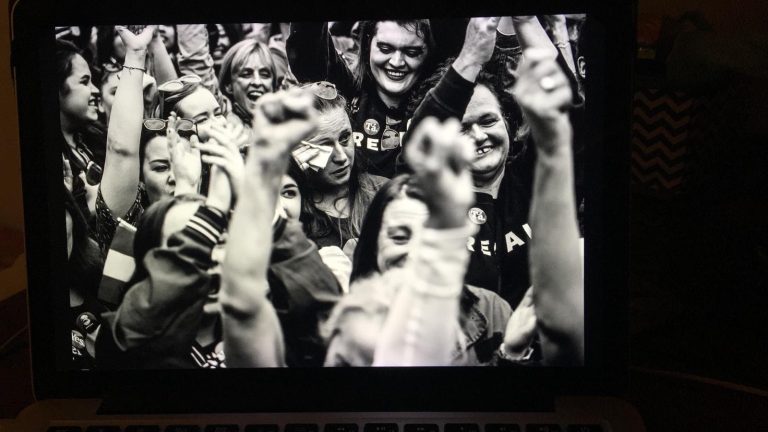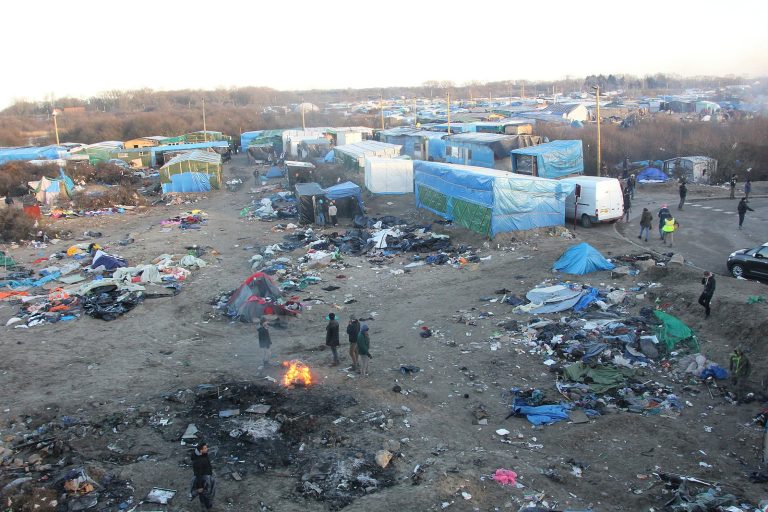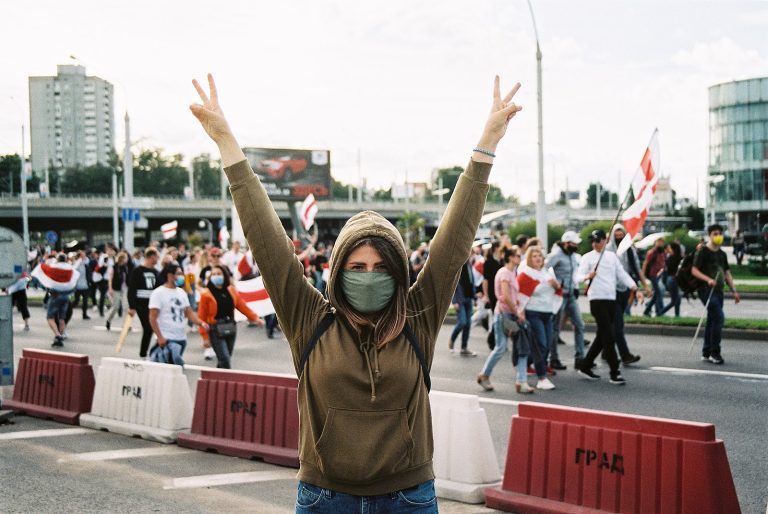In the Gurage Zone of central Ethiopia, a new movement is emerging, orchestrated not by political leaders or wealthy elites but by the willful spirit of rural women.
In this part of the Ethiopian highlands, most people rely on agriculture to make a living. Many devote significant tracks of their small plots of land to producing coffee. Here, the Women’s Development Army, a grassroots movement, is spearheading change in its quest to combat hunger, malnutrition, and poverty.
Malnutrition in Ethiopia is a significant challenge. In 2019, 38.6 percent of children under five were stunted, or too short for their age. Today, that figure is likely higher as communities face the impact of climate change and conflict. The country is also experiencing a cost of living crisis. Food prices have skyrocketed over the last year.

The Hunger Project, a global nonprofit active in Ethiopia since 2004, argues that innovative and community-based solutions can address the root causes of malnutrition. That’s where the Women’s Development Army, an informal, grassroots group of about 30 women, comes in.
Sustainable solutions for development challenges
The Women’s Development Army is fighting to improve living conditions in their community. They actively participate in the trainings organized by the Right2Grow Program, which aims to combat malnutrition and stunting among children. This consortium brought together The Hunger Project, five other international non-governmental organizations, and over forty-five local civil society groups. The organizations were from Ethiopia, Bangladesh, Burkina Faso, Mali, South Sudan, and Uganda. They all aim to give more children under the age of five the chance to fulfill their potential.
Like all of The Hunger Project’s work, this program invests in the potential of individuals living with hunger. After working with a community to define its vision for the future, The Hunger Project trains local leaders to help them reach their development goals. These leaders then train their neighbors, creating an amplifying effect.

The Hunger Project works within communities for many years. That means the communities continue to benefit from the knowledge gained from the training programs even after the organization leaves.
“Through the training, we’ve learned the importance of healthy and nutritious food,” said Seida, one of the project participants. “Now, our children get good and nutritious food several times per day, and their brains develop well.”
Meet Seida
Seida, a mother of six, is at the forefront of this women’s movement in Gurage. She is one among the many women who have started cultivating diverse and nutritious local crops. Her farming gives her family access to healthy foods despite the unpredictable market and climate conditions. She primarily grows vegetables for her family’s consumption and sells the excess at the market.
“Nothing here was bought at the market,” Seida proudly declares, gesturing to her thriving garden.
Seida grows avocados, beans, oranges, garlic, basil, carrots, chili, and bananas. At the training sessions, she learned how to incorporate these crops into recipes that her children will eat and to preserve crops to limit post-harvest loss.

Many of the families in Gurage needed access to clean water, not just nutritious foods. Livestock and other animals had contaminated the community’s water sources. The dirty water was making kids very sick, and some became malnourished as a result.
Following training on advocacy and citizens’ rights, the Women’s Development Army lobbied their local government to dedicate resources to improving their water supply.
Sieda and her group worked together to build a fence around their water source, and as a consequence of their lobbying efforts, the district water office clarified the water so it was safe to consume.

The local government also built a pipe system so the village could access water from their homes. As a result of this work, 34 homes in Sieda’s village now have access to clean and safe drinking water. Women can now devote their time to essential tasks to sustain their livelihoods rather than countless hours traveling and collecting clean water.
Women warriors
As the sun sets over the highlands of Ethiopia, the collective efforts of the Women’s Development Warriors have fostered a sense of hope within the community. Their determination, resilience, and unwavering commitment to change have transformed their lives and community.
“According to our monitoring and supervision actions in the village, we have observed numerous changes as a result of the Women Development Army’s efforts,” said Tsege Antuwan, a nutrition expert with the District Health Office. “The majority of the community in the village is involved in vegetable production, there are communal and family level toilets, they have clean water and community awareness has been raised to achieve zero undernutrition in the village. This result is the consequence of the commitment of the Women’s Development Army members.’’
The story of the Women’s Development Army can inspire countless others to take action and strive for a world where every individual, regardless of gender or circumstance, has the opportunity to thrive.
Ailani Roldan is an intern with The Hunger Project’s global communications team and a senior at Baruch College in New York City.
